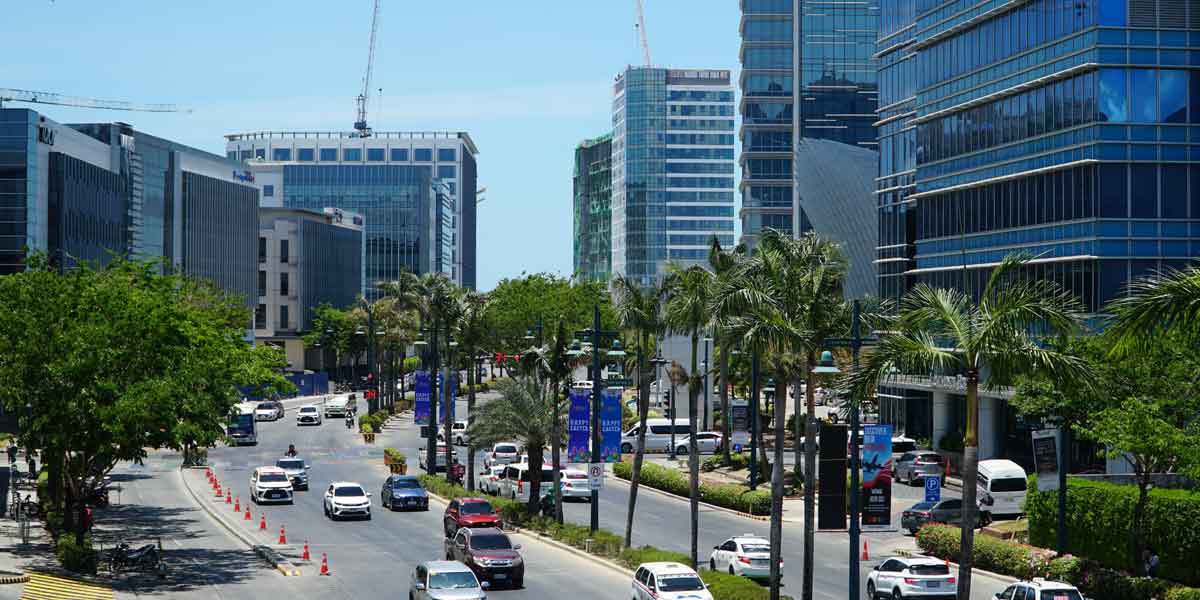
By Dolly Yasa
BACOLOD City – Negros Occidental Governor Eugenio Jose Lacson said the P37 million facility and equipment launched at the Food Terminal Market compound is intended to help Micro, Small and Medium Enterprises (MSMEs) entrepreneurs and farmers.
Lacson, who led its inauguration and blessing Tuesday, said that “it is not enough that we open doors of opportunities for Negrenses. We must usher them to their full potential.”
He also said that “with our farmers’ and MSMEs’ raw materials, the Technological Livelihood and Development Center (TLDC) will be instrumental in extending assistance to them, through product development, market networking, and links and promotion, as well as exposure and participation in trade fairs and other entrepreneurial opportunities.”
The governor said that MSMEs comprise 99.5 percent of business establishments, which they considered engines of economic growth, job creation, and poverty eradication.
“The project, with its focus on rebuilding the resilience and enhancing the capabilities of the Negrense MSMEs, is part of our vision and goal to effectively implement an inclusive and sustainable economic recovery,” Lacson said.
Also inaugurated were the new office and showroom of the TLDC, Shared Service Facility (SSF), and Organic Trading Post.
Meanwhile, the provincial office of the Department of Trade and Industry (DTI) is also putting up an office inside the TLDC to help small businesses process their papers.
Sold at the TLDC are food products and handicrafts manufactured by MSMEs from various local government units.
Also part of the facility is a fixed outlet for the produce of organic farmers.
Located in the same building is the SSF, which has machinery, equipment, tools, systems, skills, and knowledge under a shared system.
Provincial Administrator Atty. Rayfrando Diaz said that the facilities are part of the food security program of the provincial government.
He further said that the province would not charge fees for the use of the SSF but would opt for a consignment scheme or percentage cost sharing with the MSMEs.
“We will work towards the Food and Drugs Administration accreditation of the products manufactured in the SSF. We can then sell these in supermarkets and other parts of the country,” Diaz pointed out.
“We can prolong the shelf life of raw produce of our farmers while adding value. We also provide training to those who want to acquire new skills to enhance their products,” Diaz added.
Aside from Diaz with the governor were Board Members Rita Gatuslao, Araceli Somosa and Jeffrey Tubola and Capitol department and office heads attended the activity, spearheaded by the Provincial Administrator’s Office TLDC Division led by Liberty Alarcon.






















